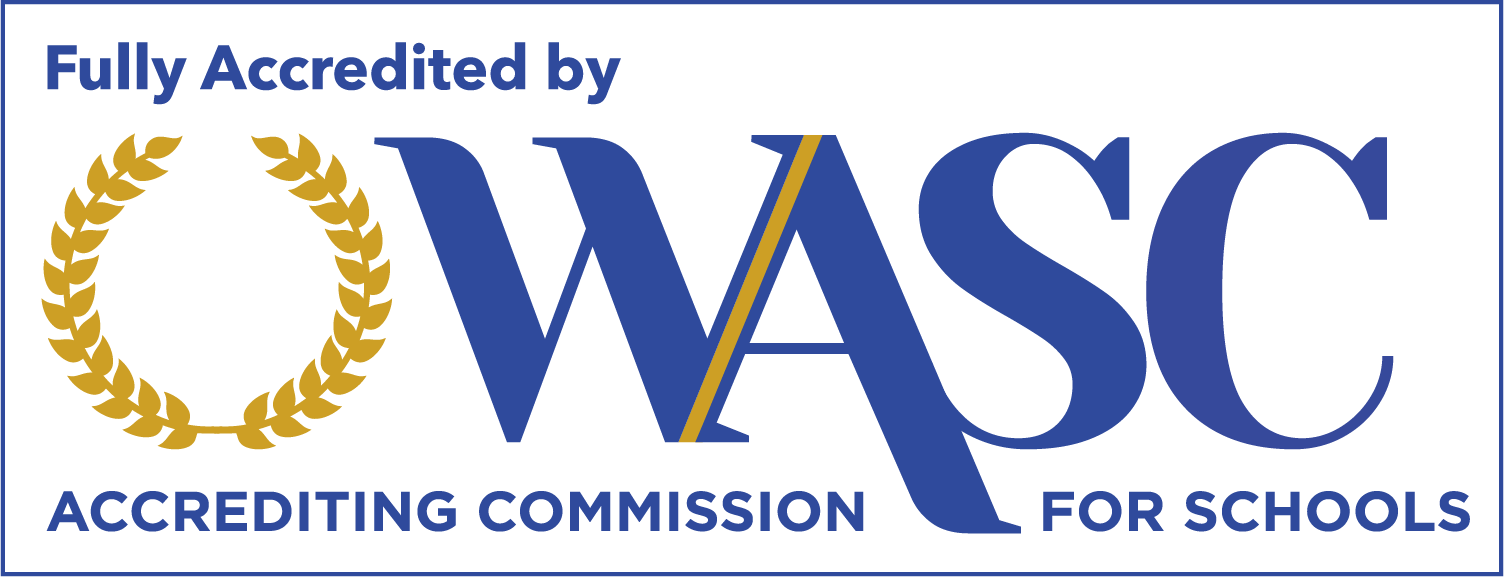Breaking Down the Components of IDA Structured Literacy: A Comprehensive Guide
Around 10% of students in the United States, with English as their first language, have reading disabilities.
Structured literacy can help those with dyslexia and other learning conditions. The International Dyslexia Association helps give resources to students, parents, and learning facilities. Our team has reviewed and practiced IDA structured literacy and understands the value it can have.
Keep reading below to discover the main components that make this teaching method so helpful for students with dyslexia!
Phonics
A recent report from the NAEP identified that nearly a third of fourth-grade students were reading below the basic level.
Phonics is the basis of reading; it helps students understand the connections between letters and sounds. IDA structured literacy programs spend significant time teaching students how to decode text. With these skills, students can improve their spelling and reading abilities.
Read Academy uses a variety of methods to instruct on phonics. Many students with dyslexia need more support while breaking down suffixes, root words, and prefixes. Vowels and patterns are also emphasized in these programs.
Our programs teach at a slower pace to match the needs of each student. If your child starts identifying simple patterns, they will advance to more complex literacy lessons. Regardless of your child’s age, they need these foundational skills for the remaining components.
If you want learning resources for dyslexia, our team can help. Airwriting, games, and finger-tapping are a few ways to improve these literacy skills. Our experts are trained to identify where students struggle if parents don’t know where to begin.
Orthography
The orthography component focuses on how sounds and letters work together.
While writing words, students must know how sounds can help form letters. This can be a problematic foundation to master for students with dyslexia because a simple letter can change the word. We help teach students how to form letters based on the sounds by breaking down each part of the word.
Reading will become simpler as students memorize the sounds that each letter creates. This foundation gives children and teenagers the confidence to read aloud and can improve comprehension.
Orthography is connected to spelling, but it goes beyond that skill. Word breaks, emphasis, and punctuation fall into this category of writing skills. Spelling is a small portion of reading and understanding passages.
Even students who come from English-speaking families struggle with orthography. Memorization has been one of the most valuable strategies for dyslexic children. This can be a more significant challenge if a child grows up in a bilingual home.
Phonology
Once a child masters orthography, they can advance to the phonology components of IDA structured literacy.
Phonology is the study of sound in the English language. It helps students learn how to pronounce words as a whole instead of breaking down by each letter. Segmenting words helps students manipulate the sounds of speech.
Read Academy understands the significance of phonology. If your child struggles to see how words create a system of information, this foundation should be highlighted. Since context can influence info, students must learn how each word impacts the other.
As your child ages, the complexity of their learning material will increase. Learning phonology at a young age can prepare them for high school, college, and future careers. Every type of student can benefit from learning phonology, even people from bilingual households.
Comprehension & Semantics
Sentence structures vary within text, especially at higher levels of reading.
Our learning programs help students apply meaning to groups of words rather than independent words. The choice of words someone uses can influence how the reader interprets the info. Students who need help understanding writing semantics will struggle to gain complete comprehension.
Identifying the connections between words and meanings can be a problematic foundation to approach. The English language is constantly evolving, and words can have several meanings. We can help your child distinguish the connections between words, phrases, clauses, and sentences.
Comprehension is the foundation for reading and understanding long passages. It also helps students apply their curriculum to life outside of school. If you need clarification on whether your child needs structured literacy, look at our blog article to learn more!
Read Academy helps prepare students for the real world and gives them the tools to tackle obstacles. Dyslexia might seem like one of these obstacles, but with the right resources, your student can excel. With fewer concerns about reading and literacy, they can also focus on other classes and making friends.
Methodical and Explicit Instruction
There are a variety of instruction methods teachers use, but not all of them are beneficial to students.
Methodical and explicit instruction is recommended for students with reading disabilities because words are sequentially introduced to help them understand their reading. Explicit instruction helps simplify each step with examples and verbalization to reduce confusion.
Repetition and memorization often help students with dyslexia, but this component takes it a step further. Once students comprehend and follow explicit instructions, they can better retain the information. Our professionals teach with objectivity and focus on the most significant foundations.
These skills are necessary to decode and interpret text. If students do not read the info in the correct order, it can impact the meaning or create confusion.
Read Academy exposes students to multisensory instruction to develop new literacy skills. Before changing topics, our teachers ensure that each student masters the foundations. This can be a problem in other schools since the teachers need more resources to meet each child’s needs.
Putting IDA Structured Literacy Into Action
Many parents discover IDA structured literacy after their child struggles in the classroom.
Difficulty reading and learning new words can show that your child needs additional help in the classroom. Fortunately, Read Academy has plenty of resources and teaching methods that support this disorder. Even if your child does not have dyslexia, they can benefit from this thorough teaching model.
If you want to learn more about how we integrate these factors into the classroom, a visit can help. Contact our team and schedule a tour so you can get all your questions answered to register your child!




